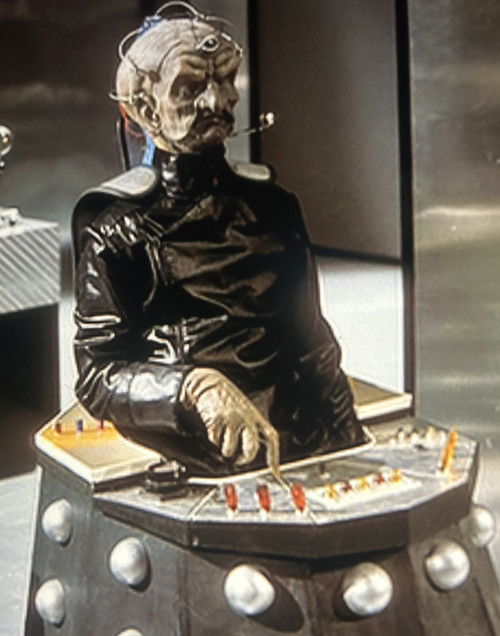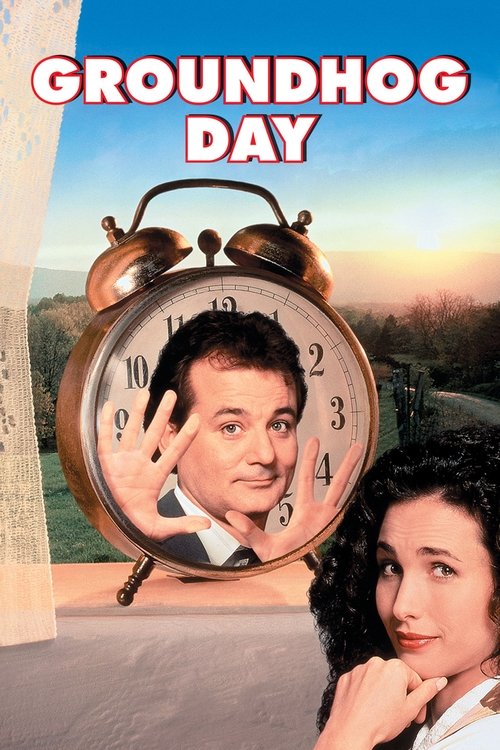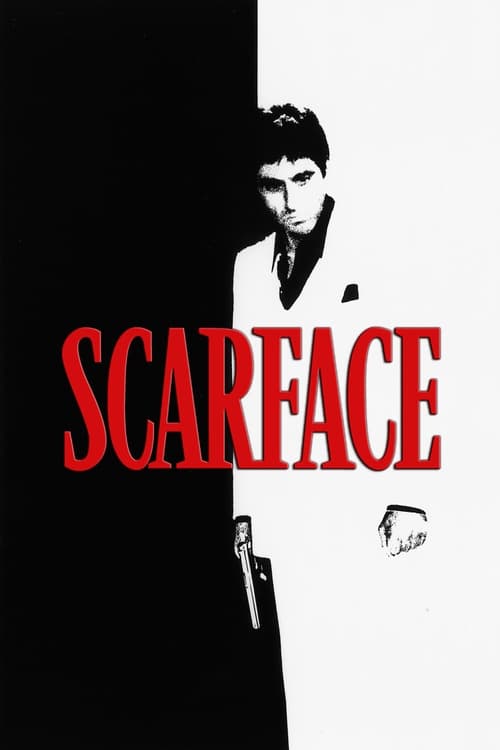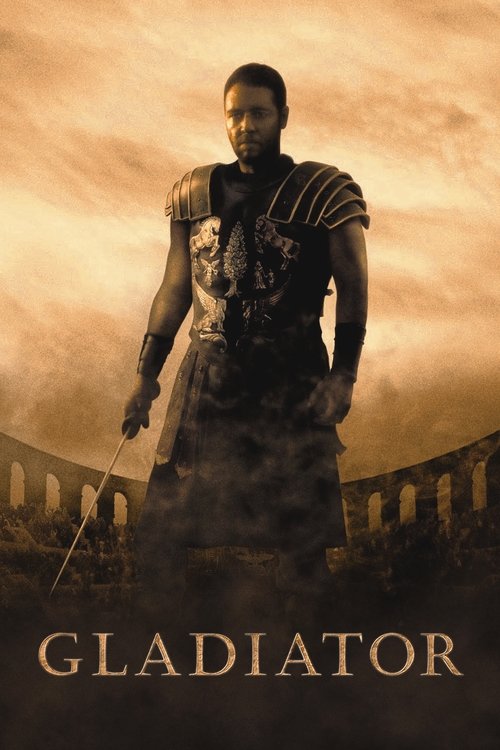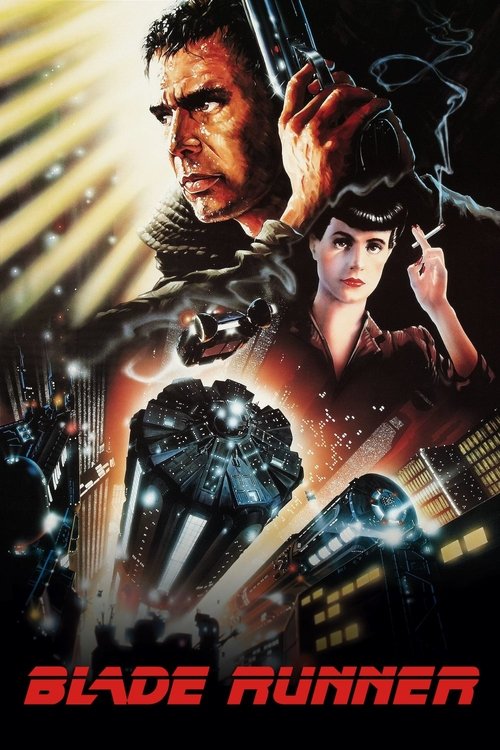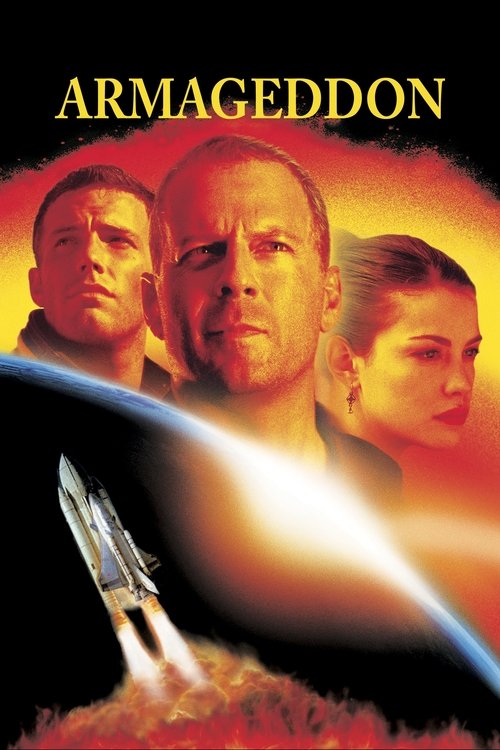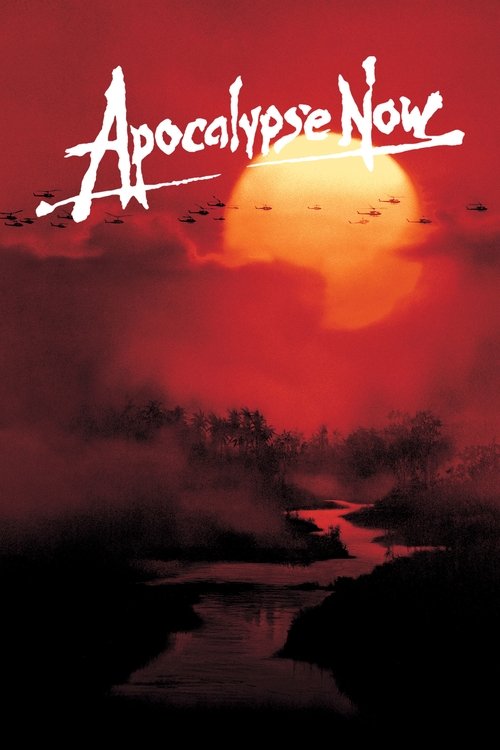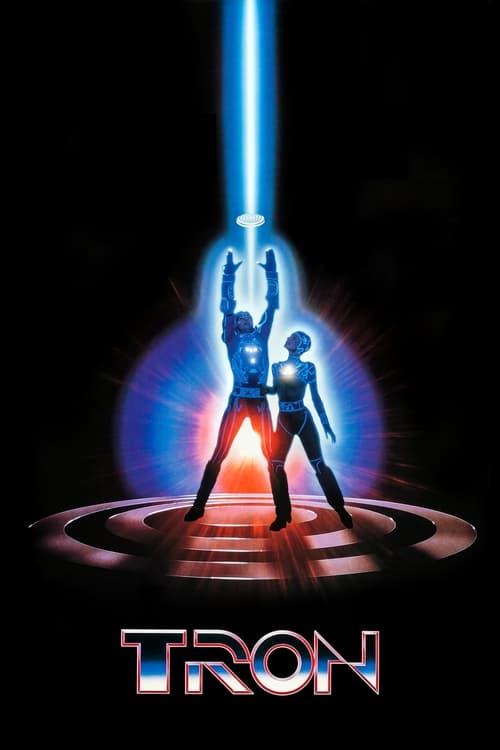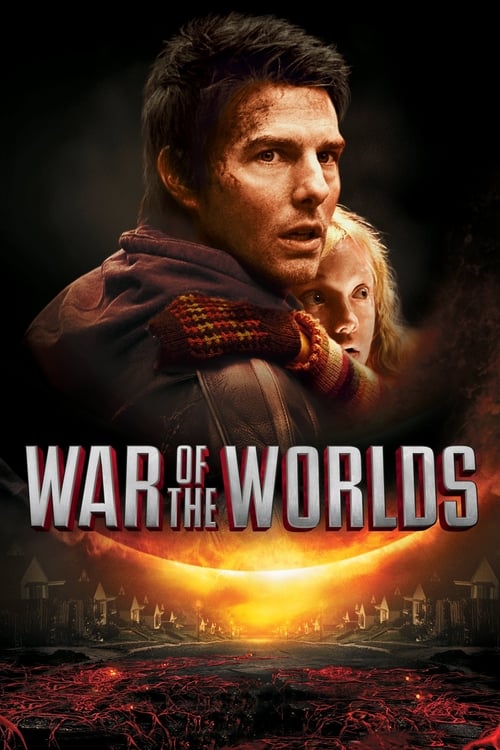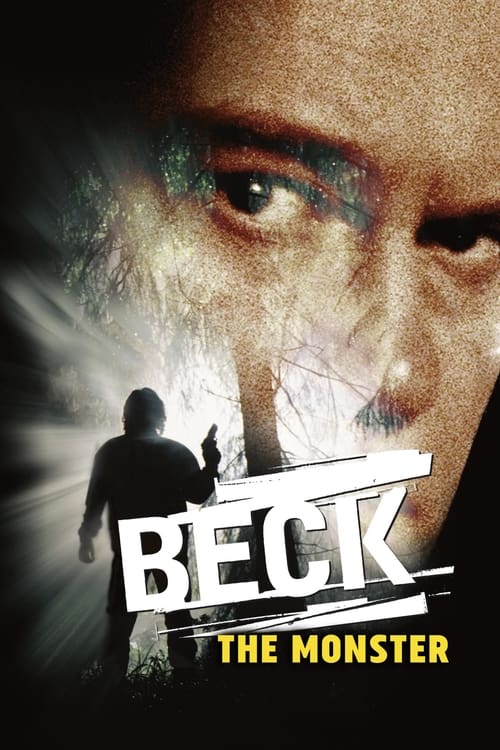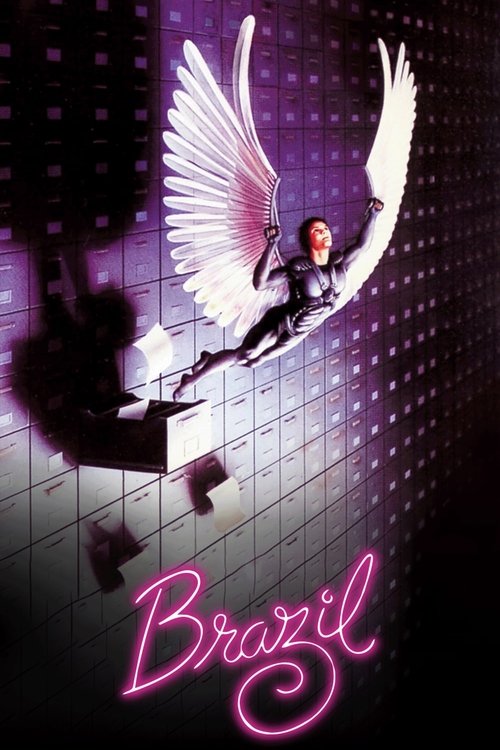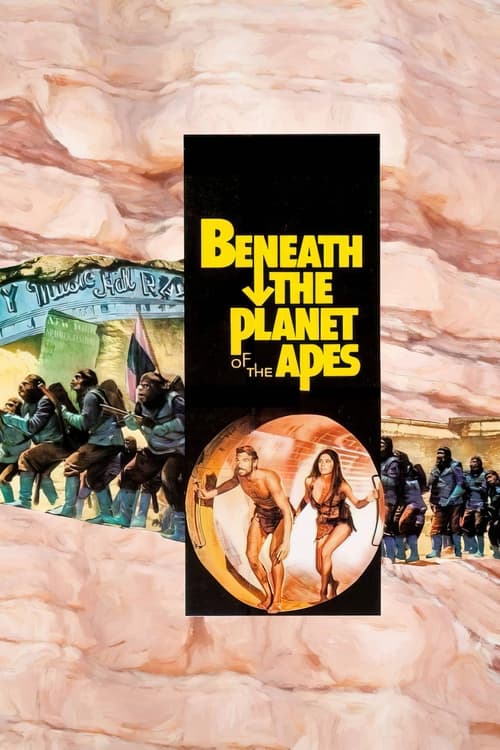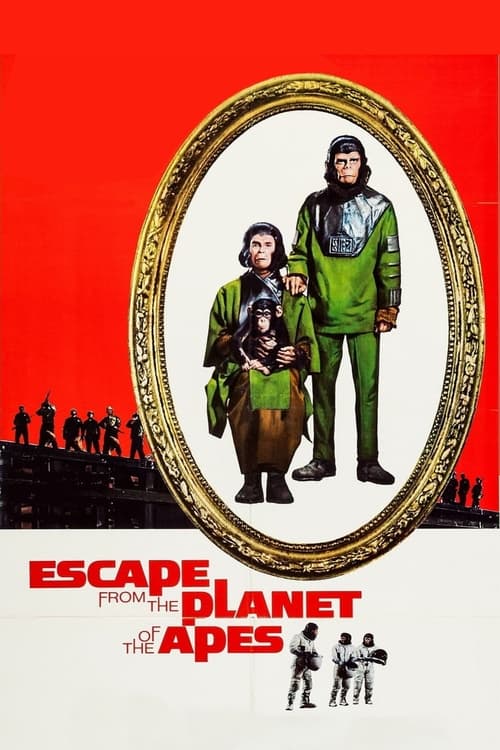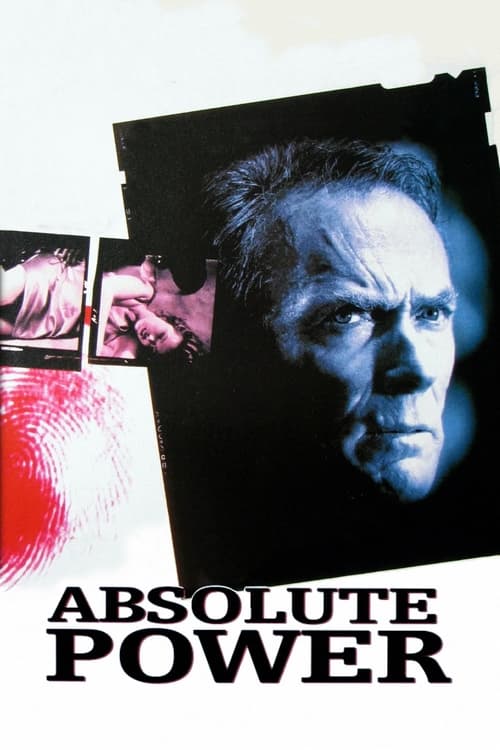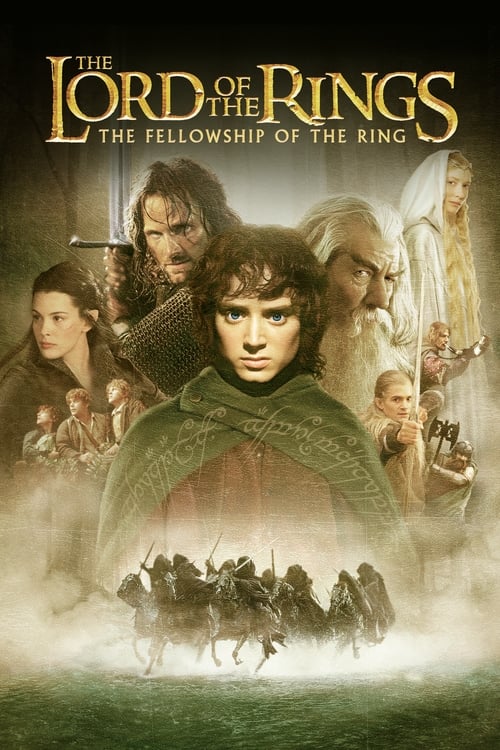
The Lord of the Rings: The Fellowship of the Ring
2001
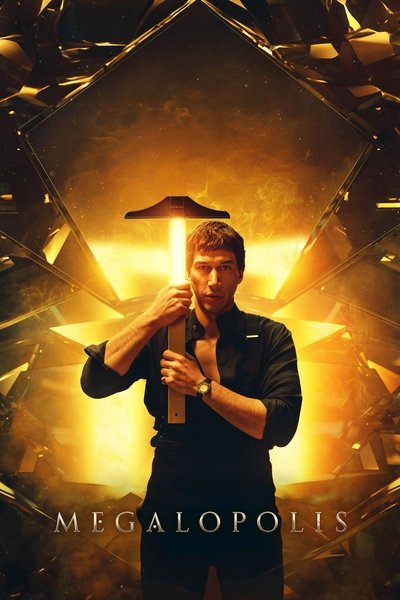
In a futuristic New York known as New Rome, visionary architect Cesar Catilina dreams of building "Megalopolis," a utopian city that redefines society’s limits. Opposing him is the corrupt Mayor Franklyn Cicero, who clings to power and profit. Between them stands Julia, the mayor’s daughter, whose love for Cesar forces her to choose between loyalty, ambition, and the fate of humanity.
Francis Ford Coppola
Julia Cicero
Wow Platinum
Clodio Pulcher
Mayor Cicero
Hamilton Crassus III
Cesar Catilina
9/29/2024
6/10
So imagine that the Roman Empire survived the turbulent treacheries of the original Caesars and made it to third millennium. (New) Rome has miraculously relocated to the United States (of course the greatest country the world has ever known) and the city is run by mayor "Cicero" (Giancarlo Esposito). He's not without his detractors, though, and one of them is the ambitious "Cesar" (Adam Driver) who has ambitions to reinvent their city, Nero-style, by demolishing the run down slums and replacing them with an idealistic utopia constructed of his new, eternally lasting, "Megalon". The city's vested interests are lined up against this young man though, all except the mayor's daughter "Julia" (Nathalie Emmanuel) who has taken a bit of a shine to the ambitious "Cesar" - and that's much to the chagrin of his previous squeeze "Wow" (Aubrey Plaza) who decides that she will seek some vengeance by marrying the enormously wealthy, and aged, "Crassus" (Jon Voight). Add to this already rather cluttered mix, the personality of "Clodio" (Shia LaBoeuf) who is determined to bring down "Cesar" and see himself in public office - and inherit the "Crassus" fortune, and we have the makings of an internecine intrigue that ought to have made Suetonius and Machiavelli blush. Instead, well, we get a rambling drama that hasn't a clue where it's going - nor for whom it is for. It tries to mix a bit of the ancient Shakespeare (and Marcus Aurelius) into the dialogue to lend some gravitas and sense of history to the plot, but for the most part this is just a confused mess of a film. It's a toss up between LaBeouf as the the over-the-top, hammy, "Clodius" and Voight's doddery old gazillionaire as to who takes what acting plaudits there might be here, but the rest of the cast look like fish out of (CGI) water and though the production makes the odd to nod to cinema history - there's a tiny bit of Fritz Lang here, I though - the rest of this comes across as an ill-inspired vanity project for Francis Ford Coppola that can't decide if it's "Romeo & Juliet" or "Spartacus" and in the end doesn't deliver the potency, emotion, intensity or humour of either. It is a good looking film and the production designers have imaginatively created a city-scape that is ripe for the story, it's just that the story isn't ripe for the audience. It does need to be seen on a big screen, but be prepared to be underwhelmed as it starts strongly then simply peters out into a wordy melodrama with a few clumsily delivered messages about the nature of greed and the fecklessness of humanity lightly woven into the weak storyline. Beware, it ends tentatively enough to scream sequel at us, too!
10/2/2024
8/10
**_Colorful, eccentric, intellectually heavy and full of pizazz, but not for the masses_** A brilliant architect (Adam Driver) is determined to recreate a core section of New Rome in the later 21st century with a revolutionary bio-adaptive material called Megalon. But the new mayor resists these creative plans because he’s content with the way things are (Giancarlo Esposito). As such, the mayor’s not happy when his daughter (Nathalie Emmanuel) starts to develop a relationship with the prodigy. Shia LaBeouf plays a decadent troublemaker while Aubrey Plaza appears as a scheming TV presenter drawn to the financial backbone of the city (Jon Voight). Francis Ford Coppola first came up with the idea for “Megalopolis” in 1977. It was inspired by Lucius Sergius Catiline’s failed attempt to take control of the Roman republic in 63 BC, but lost to his rival Marcus Tullius Cicero. Even though Francis compiled hundreds of pages of notes and script fragments for the project in early 1983, the first serious attempt to go forward with making the movie was in 2001-2002, but the production eventually froze for various reasons, including the 9/11 terrorist attacks. When Coppola turned 80, he decided to throw caution to the wind and finally make the film, financing it himself at a cost of $120 million, with shooting taking place between November and March, 2022-2023. So, is it any good? Some critics call it a “big mess,” but the plot is actually simple, as detailed above. It’s Francis’ artsy style that throws people off wherein he respects the intelligence of the viewer to put the pieces together. This approach was evident in his previous pictures, like “One From the Heart,” “Rumble Fish,” “Bram Stoker’s Dracula,” “Youth Without Youth” and “Twixt” (aka “B-Twixt Now and Sunrise”). Speaking of those flicks, if you liked any of them, or hated ’em, this is cut from the same artistic cloth. As observed with “Tucker: The Man and His Dream,” “Tetro” and even “Apocalypse Now” (the character of Kurtz), Coppola likes to parallel aspects of his own life in his movies. Here, he’s Cicero (Driver), an award-winning genius who has an ambitious new project that will revolutionize the landscape if carried out, but those in power oppose his noble efforts. He’s constantly slandered or framed with his indiscretions not helping matters. He’s also troubled by the death of his wife and his unborn children (remember the tragedy of Francis’ eldest son, Gian-Carlo, in 1986?). Yet he presses on with his vision and ultimately changes the world with his art. At the end of the day, the movie’s entertaining on several fronts and stuffed with quality mindfood, not to mention it has a welcome warmhearted close. I busted out laughing on several occasions in light of the creative madness of it all. For those who say the amusement was “unintentional,” I guess they never saw Coppola’s previous film “Twixt,” not to mention earlier ones like “You’re a Big Boy Now.” I see the city of Megalopolis as a type of the New Jerusalem in the Bible, the eternal city described in Revelation 21-22 (awesome streets of gold and all that). "The wages of sin is death, but the gift of God is eternal life" and so the impenitent in the movie reap the wages of their transgressions whereas those who change their minds/thinking/actions (that is, they repent) are able to enjoy the benefits of the amazing new city. If you value it, this is a flick you’ll be able to go back to for gems missed on previous viewings. It runs 2 hour, 18 minutes, and was shot in Manhattan and Trilith Studios, Atlanta. GRADE: B+/A-
2001
1993
1983
2000
1976
1982
1998
1979
2001
1982
1988
2005
2021
2002
1998
1932
1985
1970
1971
1997






